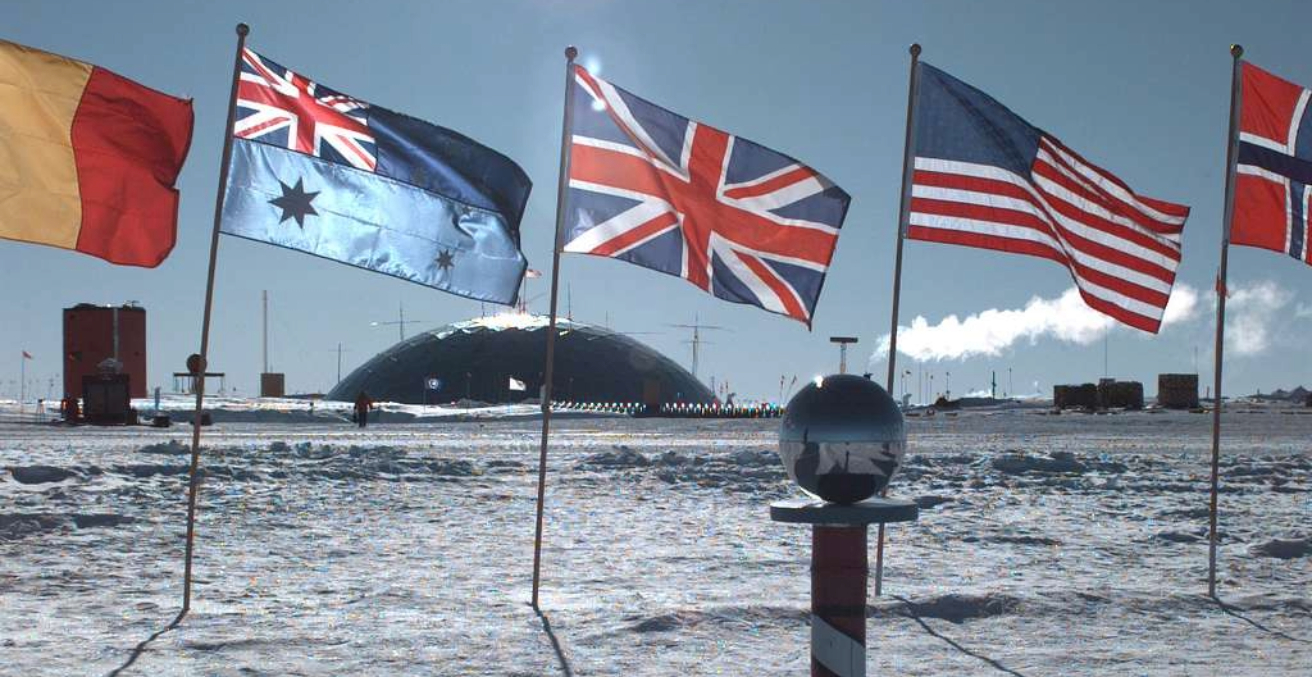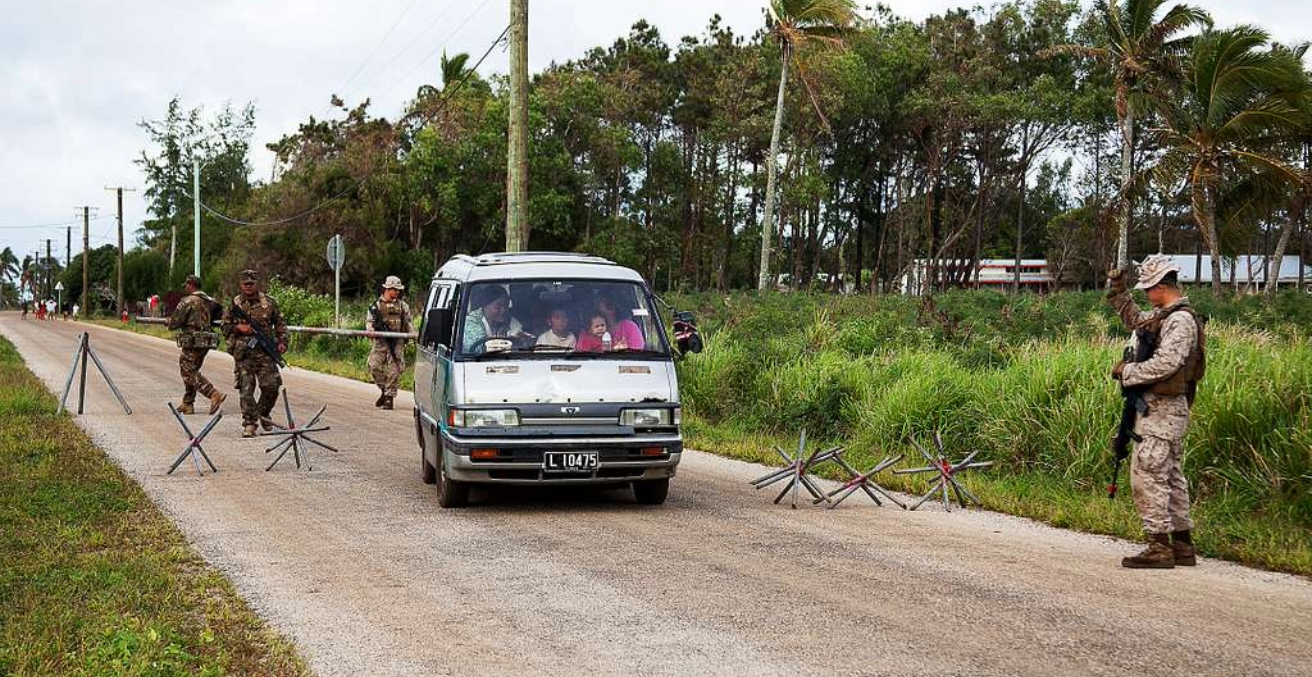An examination of the Keating-Suharto era reveals trusting leadership relations are highly valuable for the development of trust in bilateral relations. However, it also reveals the limitations of bonded trust between leaders to sustain trusting bilateral relations and the need to build embedded trust to ensure a relationship can be resilient to leadership changes and diplomatic crises.
Theories of bonded and embedded trust can be used to explain the “roller-coaster” nature of the Australia-Indonesia relationship. An examination of Prime Minister Paul Keating and President Suharto as a case of bonded trust between leaders reveals the value such a relationship has in building trust in bilateral relations. However, it also reveals that such trust cannot survive changes in leadership if it has not become more broadly embedded in both government and society. This is particularly problematic given Australia’s tendency for rapid leadership and ministerial turnover across the past decade. While President Joko “Jokowi” Widodo and Prime Minister Malcolm Turnbull were able to develop a warm relationship, which helped to reset the relationship and enabled them to navigate diplomatic incidents, Turnbull’s recent political demise only serves to further highlight the necessity of building trust between societies. Without trust, cooperation between the two states will be limited. Building trust between societies will be required if Australia wants to develop a trusting relationship with Indonesia capable of undertaking deeper forms of cooperation on more sensitive issues – something which will be fundamental to Australia’s ability to navigate growing strategic uncertainty in the region.
Keating & Suharto: at the top of the roller-coaster
Key individuals can be driving forces for the development of trust in a relationship, a phenomenon which can be seen most clearly in the relationship between Prime Minister Keating and President Suharto. Their relationship can be traced through Nicholas Wheeler’s theory of bonded trust. This involves first examining the preconditions to a process of bonding, namely their willingness to exercise security dilemma sensibility and give each other the opportunity to acquire an index of trustworthiness. Second, it requires examining the factors required for a process of bonding to become operationalised, namely the positive identification of interests and humanisation of one another. An analysis of these factors reveals the Keating-Suharto relationship is one characterised by bonded trust, and also the importance of examining relations between key government individuals in addition to leaders.
Preconditions: security dilemma sensibility & the opportunity to acquire an index of trustworthiness
Keating saw a strategic reason to deepen engagement with Indonesia and strengthen the relationship, and it was the trust which developed between individuals because of this strategic engagement which allowed the relationship to grow. He argued that Australia’s strategic, economic, political and cultural interests were all now found in Asia. Consequently, Keating made Indonesia his first overseas visit. Certainly, leadership relations had been lacking. Keating’s visit in 1992 was the first since Gough Whitlam’s visit in 1983. One of Keating’s main aims in choosing Indonesia for his first overseas visit was to highlight the importance of the relationship with Indonesia to the Australian public, indicating a strong understanding of the importance of domestic opinion and inter-societal relations. This is best expressed in his statement that his “objective as prime minister was to weave a web of relationships with Indonesia so strong that if one part was under stress or torn, we could repair it while the other filaments held the web intact.”
While numerous factors regarding both domestic politics and geopolitical outlooks shaped Keating’s drive to meet Suharto, their decision to meet gave them the opportunity to acquire an index of trustworthiness with regards to one another. An index of trustworthiness is a signal of inherent credibility as to another’s trustworthiness: which can be gained during face-to-face interaction. Part of this is an unconscious assessment performed within moments of meeting, however ongoing cues throughout face-to-face interaction are also important signals of trustworthiness. Keating describes their first meeting in his memoirs, where he states that “Suharto was quite specifically trying to reassure me that Indonesia did not pose a threat to Australia.” It is clear Keating was receiving signals of trustworthiness which he felt were sincere. Suharto’s reassurances to Keating indicate that Suharto, too, practiced security dilemma sensibility when it came to Australia. Like Keating, he was willing to test this instinct and acquire an index of trustworthiness. Their joint interest in improving the relationship, their ability to exercise security dilemma sensibility and their willingness to test their instincts through a face-to-face meeting created the prerequisites for a process of bonding to become possible.
Bonding: the positive identification of interests & humanisation
Meeting face-to-face gave Keating and Suharto the opportunity to begin to operationalise a process of bonding. This is a process which took place over the course of six visits to Indonesia by Keating, and two additional meetings on the side of Asia-Pacific Economic Cooperation forums. Wheeler argues the two components required for this process to be successful are the positive identification of interests and humanisation. The positive identification of interests requires state leaders “to see the other’s interests as their interests, and the other’s security and well-being as their security and wellbeing.” Keating describes the Agreement on Maintaining Security, commonly viewed as the most significant concrete achievement of Keating and Suharto’s relationship, as a declaration of trust. He also argues the agreement proved that “not only do we trust one another, but we … recognise that we have a common strategic outlook.” Keating and Suharto were able to positively identify shared interests, and through the development of trust in their relationship over repeated interactions ultimately embed both the trust and the shared interests in a symbolic agreement.
Humanisation describes the process by which two state leaders come “to see the human in their counterpart’s attitudes and behaviour, rather than just a representative of cold state interests.” Wheeler points out the empathy required for humanisation is similar to that required for security dilemma sensibility, and certainly Keating and Suharto were able to develop such empathy through testing their security dilemma sensibility instincts in their face-to-face interactions. The fact Keating and Suharto were willing to test their instincts through face-to-face interactions allowed them to achieve humanisation and the positive identification of interests, and consequently develop a relationship grounded to a significant degree in bonded trust.
Trust beyond leaders: the relationship between foreign ministers
Keating and Suharto were supported in their attempts to build deeper structural relations by the work of foreign ministers Gareth Evans and Ali Alatas, and the trusting relationship they developed with one another. Both shared a desire to strengthen relations and following their installation as foreign ministers in 1989 they established the Australia-Indonesia Institute, reinstated annual meetings between senior government officials, and contributed to the signing of the Timor Gap Zone of Cooperation Treaty. As part of this effort, the Australia-Indonesia Ministerial Forum was created, which led to 35 ministerial meetings over the three years between 1991 and 1994.
The efforts of these key individuals toward improving the relationship culminated in the signing of the Agreement on Maintaining Security in 1995. Success in developing the bilateral relationship during this time shows key individuals can play a vital role in shaping the nature of a bilateral relationship, both through their personal belief that it is a strategically favourable endeavour, and their ability to develop trust with their counterparts.
Current prospects: are we bonded & how do we reach embedded?
The warm relationship which developed between President Widodo and Prime Minister Turnbull helped to reset relations. Following a particularly tense period in relations characterised by a series of political flare-ups, the relationship entered a period of stability. Widodo and Turnbull appeared to develop positive relations with one another. Turnbull’s short visit to Jakarta in November 2015 was described as a “turning point” in the relationship. This initial development of positive relations likely helped the relationship quickly bounce back from the “defence fracas,” during which defence ties were partially severed due to the discovery of offensive materials relating to West Papua being used in the training of Indonesian soldiers in Perth. Resolving this issue was aided by the relationship between Widodo and Turnbull, who were able to agree on a full restoration of defence cooperation, and make significant progress on a range of economic and security issues at their meeting in February of 2017. The two entered their face-to-face interaction with security dilemma sensibility and a willingness to acquire an index of trustworthiness with regards to one another. The extent to which a process of bonding may have been operationalised would have been better revealed with further meetings, if the leaders had been given the electoral opportunity to do so.
The current strategic context highlights the need for Australia to seek to develop trust in its relationship with Indonesia. Concern regarding the rise of China, and uncertainty surrounding US engagement in the region under the presidency of Donald Trump, underscores the need for Australia to further develop its regional relationships. The combination of favourable leadership relations and shared strategic concerns open up significant possibilities for beginning to move the relationship towards a more enduring trusting relationship.
However, even if the relationship between Turnbull and Widodo can be situated somewhere in the process of bonding, the question remains of how to ensure this progress is not lost when leaders inevitably change. In August 2018, Turnbull was ousted from the prime ministership and replaced by Scott Morrison in yet another political coup in Australia. Additionally, Julie Bishop was replaced as foreign minister, which meant the loss of a respected and stable influence in the foreign affairs portfolio. This only further reinforces the necessity of developing trust between societies. While the warm relationship between Widodo and Turnbull helped to reset relations, the cabinet reshuffle meant neither leaders nor ministers remained in place to ensure the maintenance of this warmth or the positive progression of trust in the relationship. The rapid turnover of both leaders and ministers in Australia over the past decade has made it difficult to sustain relationships between key individuals, and difficult to make consistent progress in the relationship and manage diplomatic incidents when they arise.
Moving forward
The only way to manage this, pending stable domestic political situations in both states, is through the development of embedded trust. This process faces considerable challenges, given the poor quality of inter-societal relations. Although the New Colombo Plan is a key step forward in promoting education, cultural exchange and people-to-people links, the increase in rates of Indonesian language and cultural studies at both secondary and tertiary levels needs to be prioritised in order to build embedded trust and ensure the relationship is more resilient to leadership changes and diplomatic crises. While greater awareness of one another does not ensure the development of trust, opportunities to interact are fundamental to providing the possibility for the development of the embedded trust required for sustained cooperation on more sensitive matters.
Sian Troath is a PhD candidate in the College of Business, Government, and Law at Flinders University. She completed a Bachelor of International Studies (Honours) in 2015 with her thesis, “The Trust Dilemma: Australia–Indonesia Relations.” Her current research focuses on using theories of trust to analyse the Anglo–American relationship.
This is an extract from Troath’s article in Volume 73, Issue 2 of the Australian Journal of International Affairs titled, “Bonded but Not Embedded: Trust in Australia-Indonesia Relations, Keating and Suharto to Turnbull and Jokowi.” It is republished with permission.




